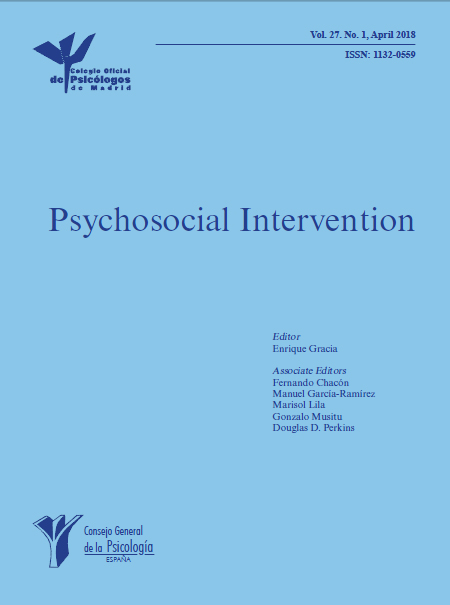
Retrieval experience as an accurate indicator of person identification in line-ups
[Retrieval experience as an accurate indicator of person identification in line-ups]
Antonio L. Manzanero; Beatriz López; and María José Contreras
Abstract
Responses in eyewitness identification of a person in a line-up may be based on two types of recovery experiences, remember and know experiences. Remember responses involve eyewitness identification of the target person as an episodic memory task, because it implies retrieving information about the target person in the place and at the time of the event. Know responses, in contrast, engage recognition based on familiarity or perceptual facilitation, that is, as a semantic memory task. To explore the relation between retrieval experiences and recognition accuracy, 86 participants took part in a recognition task with two conditions: one with an interpolated target absent line-up and the other only with the target present line-up. Accuracy of recognition and retrieval experience was measured. The results showed that, having previously participated in a target-absent line-up, increased omissions, while the number of hits decreased. Furthermore, participants’ know responses were associated to false recognition, whilst remember responses were associated to hits in recognition. Thus, asking eyewitnesses to inform about the kind of retrieval experience in which they based their recognition responses, may serve as a reliable indicator of accuracy in recognition. Future studies are needed to investigate whether this is also the case in natural settings.
Resumen
Copyright © 2026. Colegio Oficial de la Psicología de Madrid















